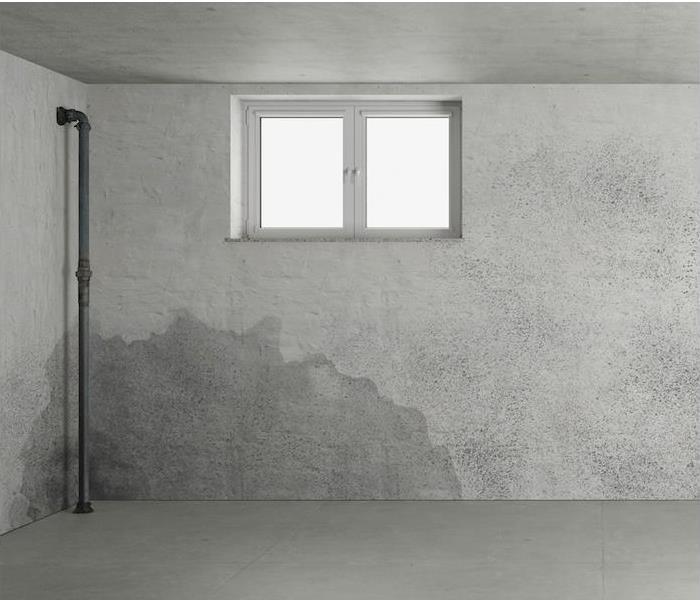What Is the Most Common Sign of Water Damage in a Basement? | SERVPRO® of North Fort Worth
6/3/2021 (Permalink)
 SERVPRO of North Fort Worth is a full restoration company. Our team of experts are on call and ready to help you determine the best course of action.
SERVPRO of North Fort Worth is a full restoration company. Our team of experts are on call and ready to help you determine the best course of action.
A basement is a great space to have in any home. These spaces can be used for additional storage, extra livable space and can serve as a safe place to go in the event of threatening inclement weather, which Cowtown is certainly no stranger to.
However, since basements are underground, the challenges they face are unique to this part of the house, especially when it comes to water damage.
It is a good idea to set up habits and practices that include regularly checking your basement for water damage over the course of your time in the home. Below, we will address some of the more common signs that water damage presents in the basement and how we can help in the event of said damage.
3 Most Common Signs of Basement Water Damage
Unpleasant, musty odors. Water that comes into your basement and remains stagnant for a long period of time before evaporating can leave behind a pungent and unpleasant smell. This smell is commonly associated with basements, but it is a misconception to believe that all basements have this smell by default. This smell can only happen when there is mold and mildew present in the environment.
Paint chipping on the walls or masonry. While waterproof paint is applied in many homes under good intentions, this paint is not completely impenetrable and can be broken down over time by a leaky basement. Water that seeps in can work its way through the paint and eventually lead to peeling, cracking or bubbling on the surface.
Cracks in the foundation. While some cracks can be caused by a number of reasons, cracks in the foundation of a home can be a sign of water damage and should be treated by a professional immediately if they are larger than a hairline crack. These cracks can appear in the ceiling, floor or the walls and can be a sign of water that is putting pressure on the structure in a way that is causing the cracking.
If you suspect you may have water damage in your basement, call us to see how we can help diagnose the problem and then determine a plan to restore your home. Contact us today!






 24/7 Emergency Service
24/7 Emergency Service